Typical festivals of Galicia
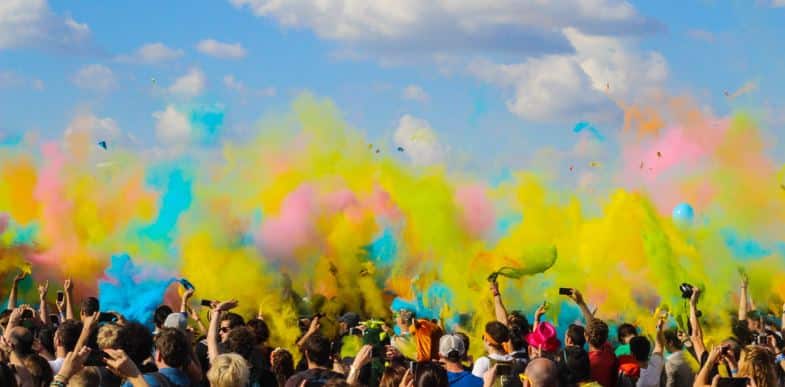
Table of Contents
Discover the typical festivals of Galicia
In Galicia there are a series of typical festivities in the area that you should not miss if you want to get to know the culture of the area, its typical dishes, etc. Here are the details of these events and when they take place in case you want to make your next getaway coincide with these special dates.
Galicia travel products
-
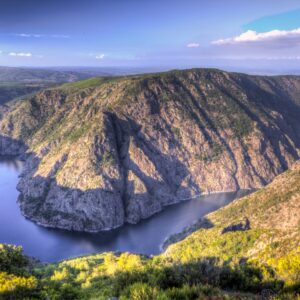
Ribeira Sacra with boat
Rated 4.96 out of 535,00€ – 65,00€Price range: 35,00€ through 65,00€ Select date(s) This product has multiple variants. The options may be chosen on the product page -
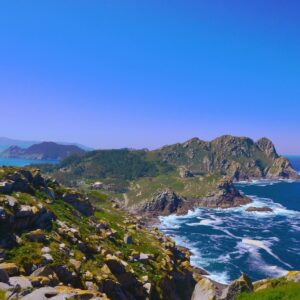
Rias Baixas Excursion
Rated 4.93 out of 530,00€ – 55,00€Price range: 30,00€ through 55,00€ Select date(s) This product has multiple variants. The options may be chosen on the product page -
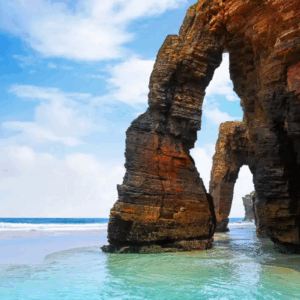
Playa de Catedrales – Mariña Lucense – Asturias
Rated 4.92 out of 535,00€ – 60,00€Price range: 35,00€ through 60,00€ Select date(s) This product has multiple variants. The options may be chosen on the product page -
Sale!
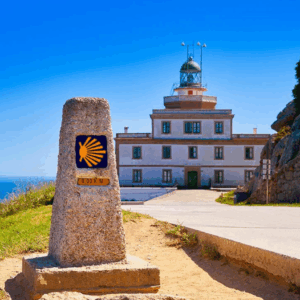
Finisterre, Muxía, Costa da Morte
Rated 4.94 out of 520,00€ – 49,00€Price range: 20,00€ through 49,00€ Select date(s) This product has multiple variants. The options may be chosen on the product page
Fiesta del cocido
The cocido festival is held in Lalín, Pontevedra. This is a celebration that takes place every year on the Sunday before the Galician Entroido. It is a festival that has been held since 1968, when it began to be celebrated in order to help publicise the typical products of the Deza region.
Since 2020 it has been considered a Festival of International Tourist Interest and is the first gastronomic festival in Spain to achieve this recognition.
La romería vikinga
Although it may not seem like it, the Viking pilgrimage is a celebration that takes place in Catoira, Pontevedra and dates back to 1960. It is a festival held every first Sunday in August.
This event has as its backdrop the Arousa estuary, where the entrance of the drakkars, the Viking ships, is recreated and a representation is made that emulates the assault on the towers. All this, accompanied by the best local dishes.
Read also : 6 AMAZING FACTS ABOUT THE CATHEDRALS BEACH
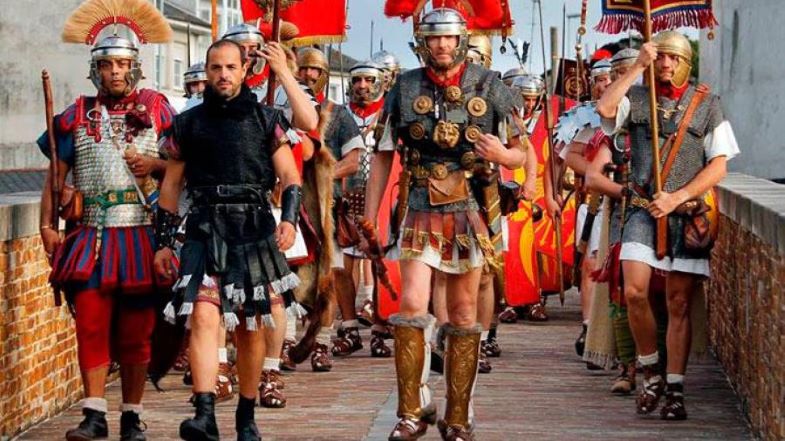
Arde Lucus
The third of the festivities is Arde Lucus in Lugo. On this occasion, it is a Roman-themed festival commemorating the founding of the city. For this, the attendees put on their best clothes, while the streets of the area are filled with colour and decorations and gladiator battles, tournaments, etc. take place. Without a doubt, a perfect event for lovers of theme parties that takes place in mid-June.
Read also : 5 HOLIDAYS IN SANTIAGO DE COMPOSTELA
Fiesta de la Reconquista
On the other hand, the so-called fiesta de la Reconquista is another theme party that you can’t miss. It is a festival that takes place at the end of March and beginning of April.
And it commemorates the fact that Vigo emerged victorious from a difficult situation in which in 1809 the city managed to expel Napoleon’s soldiers and thus regained full control of its lands. Undoubtedly, for many this is one of the most popular festivals celebrated in Galicia.
Fiesta de la arribada
The so-called Fiesta commemorates the fact that Baiona was the first town in the Old World to learn of the discovery of America in 1493. Since then, no less than every first weekend of March, one of the most traditional festivals takes place, which also has the seal of International Tourist Interest.
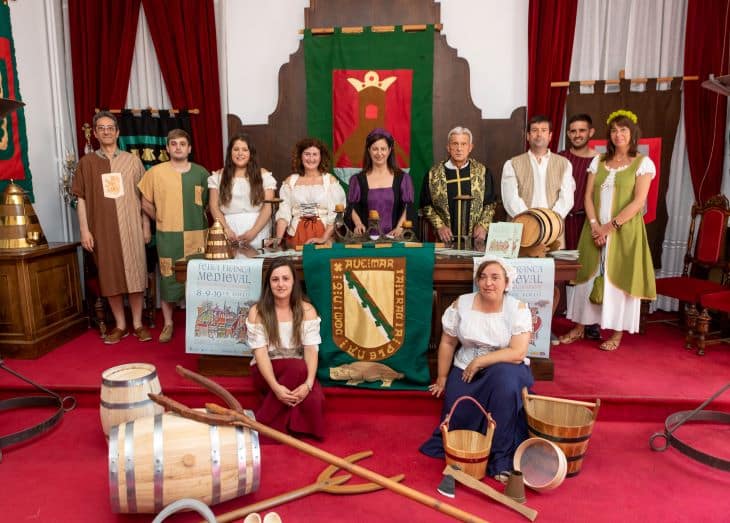
Feira Franca, Betanzos
The Feira Franca is held in Betanzos and takes place in July. It is a three-day celebration in which Betanzos is filled with colour and in which the coats of arms of the families that lived there during the late Middle Ages are in bloom.
Rapa das Bestas
The Rapa das Bestas is a cultural and tourist festival of an equestrian nature. This is a kind of ritual that takes place in several towns in Galicia in which the horses’ manes are cut, wormed and cured if they have any kind of wound.
It is something that began, according to tradition, as a result of a wave of plague that devastated Galician livestock in the 15th century and has now become one of the most representative festivals of the country. Galicia. So much so that since 2007 it has been recognised as a Festival of International Tourist Interest.
